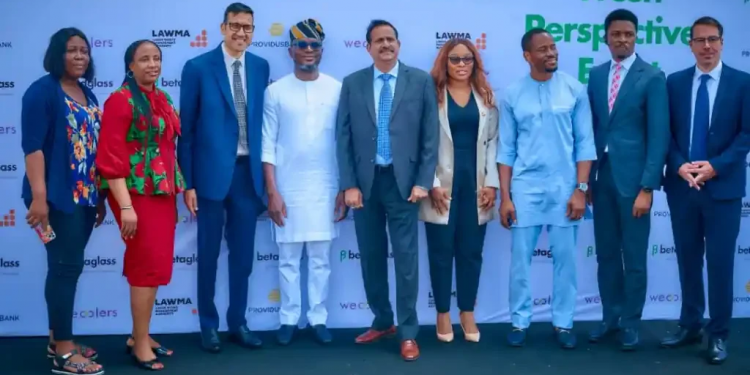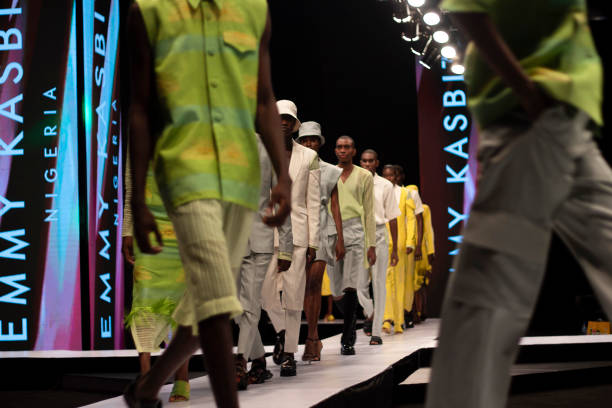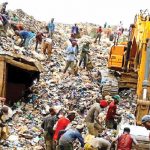The Lagos State Government has set plans to ban textile waste from all landfills within the next three months, according to Dr. Muyiwa Gbadegesin, Managing Director of Lagos Waste Management Authority (LAWMA). Speaking at Lagos Fashion Week, an event organized by Style House Files with support from the Circular Business Platform and the state’s Climate Change Office, Gbadegesin announced the ban as part of Lagos’ expanding sustainability initiatives.
The decision to ban textile waste aims to tackle its environmental impact, which accounts for around 8% of landfill waste. Gbadegesin explained, “Textile waste depletes resources and harms the environment, but with recycling and responsible consumption, it can bring economic and social benefits.” By enforcing this ban, Lagos intends to cut textile pollution and unlock sustainable opportunities for MSMEs across recycling and circular economy projects.
LAWMA is already working with Tejuosho Market in Yaba to collect textile waste for recycling, redirecting waste from landfills to recycling firms. Furthermore, LAWMA Academy students are receiving training in upcycling textile waste into practical products, promoting skills that benefit local businesses and advance sustainability goals.
This textile waste ban is just one part of Lagos’ broader agenda to transform waste management. The state is investing in projects like a waste-to-energy plant in Epe and collaborating with Ghana’s Zoomlion to close the Olusosun dumpsite. Additionally, Lagos residents are encouraged to report illegal waste disposal via the Capture Lagos whistleblowing platform.
Building on similar bans targeting environmentally harmful waste like Styrofoam and single-use plastics (SUPs), Lagos has forged partnerships with Dutch companies, including Closing the Loop and the Harvest Waste Consortium. Supported by €120 million from the Dutch government, the Harvest Waste Consortium is set to transform up to 3,000 tons of waste daily at Epe’s decommissioned landfill into electricity, generating sustainable energy while creating opportunities for local businesses.
Further partnerships, including one with Ghana’s Jospong Group, focus on recycling electronic waste and converting waste into compost and bins, with operations in Alausa expected to launch within six to seven months. The government is also exploring collaborations with Swedish firms to convert solid and liquid waste into energy, decommissioning older landfills to support new waste management facilities.
As Lagos accelerates its waste management and environmental sustainability goals, the involvement of MSMEs in waste recycling and circular economy initiatives presents new avenues for economic growth while contributing to a cleaner, greener Lagos.










